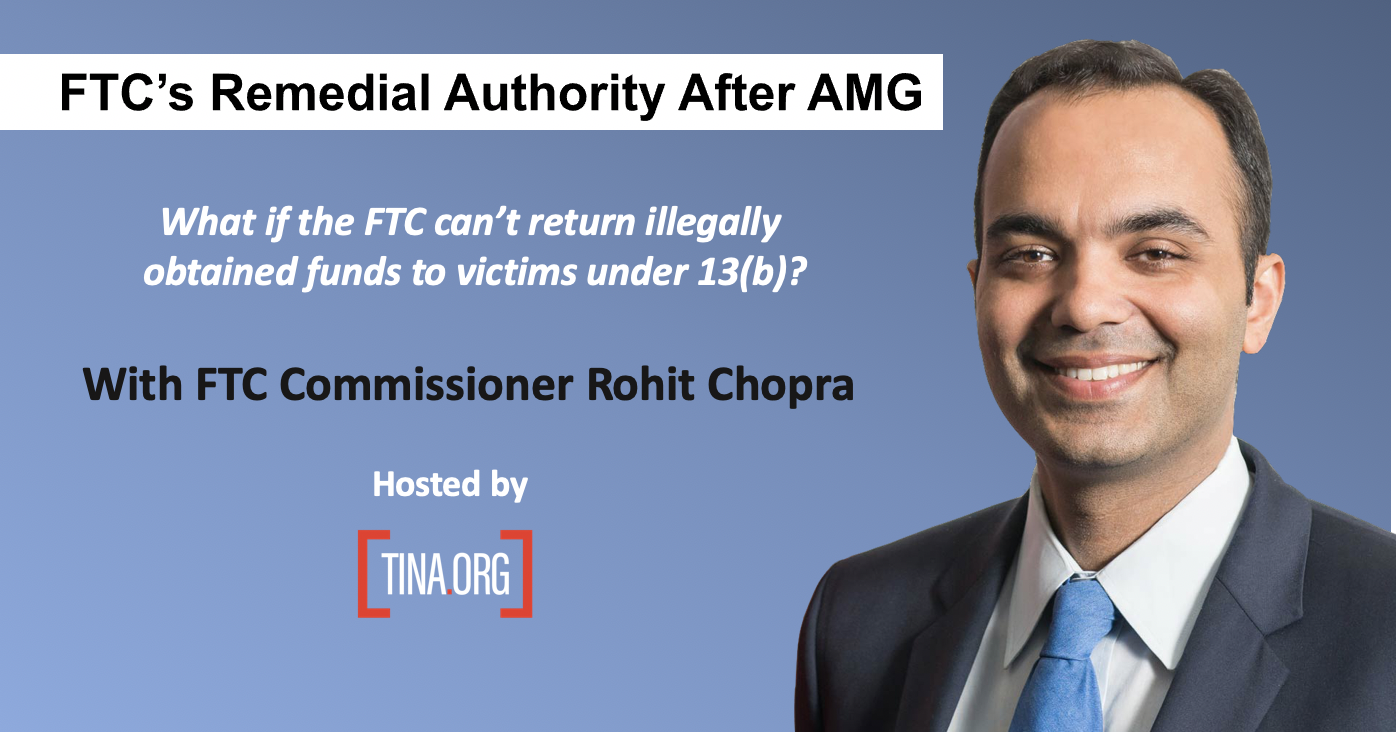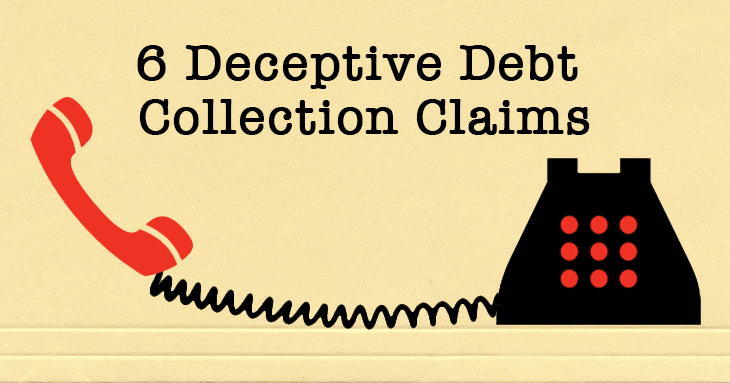
TINA.org Webinar: FTC’s Remedial Authority After AMG
In case you missed it, watch the webinar with FTC Commissioner Rohit Chopra.
You may hate to do your taxes, but some scammers eagerly await the season. And as we approach Tax Day this year, the IRS is warning of identity theft scams where fraudsters trick taxpayers into providing personal information over the phone or through email by impersonating IRS agents and aggressively threatening arrest, deportation, and other actions, if the person on the other end doesn’t immediately comply. The agency reported a 400 percent surge in phishing and malware incidents this tax season. Even more worrisome, a recent audit by Online Trust Alliance, a Washington-state based nonprofit, found that about half of firms that have agreements with the IRS to provide free online tax preparation and filing services are not adequately protecting customers’ privacy and security against cybercriminals. Cyber-criminals who gain access to the accounts are filing false returns and refund claims.
But that’s not the only way fraudsters are attempting to make hay on the season. Here’s what you should know so you don’t get fleeced when filing your claims:
The IRS offers free assistance in preparing taxes. More information on how to pick a tax preparer and programs offered through the IRS can be found here. Additional information about tax season scams can be found here.
This article was originally published on 2/24/14 and updated several times.
In case you missed it, watch the webinar with FTC Commissioner Rohit Chopra.
Experts weigh in on how to avoid being a victim of these latest campus scams.
There are laws on what collectors can say or do, as the country’s top two debt buyers recently found out.


